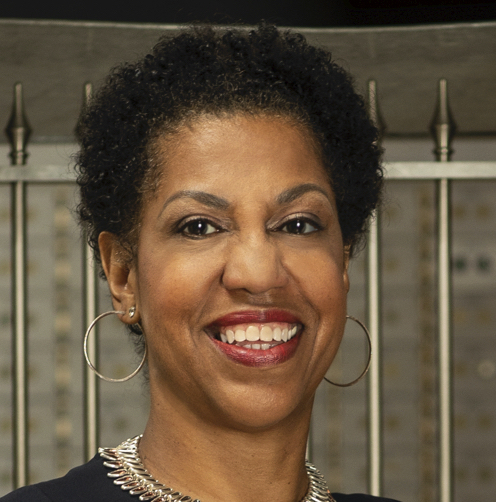By Teri Williams
Contributing Columnist
This week, as we celebrate the birthday of the Rev. Martin Luther King Jr., let’s remember his focus on building an economic base in Black communities.
In his last speech, “I’ve Been to the Mountain Top” in Memphis, Tennessee on April 3, 1968, one day before he was assassinated, King discussed a “bank-in” movement and the importance of building up banks and an economic base in the Black community.
“We’ve got to strengthen Black institutions,” he said. “I call upon you to take your money out of the banks downtown and deposit your money in Tri-State Bank — we want a ‘bank-in’ movement in Memphis. So go by the savings and loan association. I’m not asking you something we don’t do ourselves at SCLC. Judge Hooks and others will tell you that we have an account here in the savings and loan association from the Southern Christian Leadership Conference. We’re just telling you to follow what we’re doing. Put your money there.
“Now these are some practical things we can do. We begin the process of building a greater economic base.”
According to Nasdaq, Black businesses have increased by 38% since the end of the pandemic. Much of this business resurgence can be attributed to the rise of the Black female entrepreneur.
Black women are the fastest growing demographic of entrepreneurs in the country. Black women are widely talented but are less included in traditional corporate opportunities.
The outcome means that we take up the role of builders, creating our own entrepreneurial careers and developing overlooked solutions for the Black community.
According to research from Brookings, Black-women-owned businesses increased 18.14% between 2017-2020, outperforming women-owned businesses (9.06%) and Black-owned businesses (13.64%). Black-women-owned businesses have risen to 37.2% of all Black-owned businesses in 2020.
Black banks are also continuing to fulfill King’s dream today. Black banks are a powerful force providing banking services to a community that has been historically enslaved, redlined and discriminated against by financial institutions. Black banks are providing a leadership role by offering innovative services and promoting financial literacy to meet the needs of urban communities.
As an example, OneUnited Bank, the largest Black owned bank in the country, recently launched WiseOne Insights, a revolutionary financial wellness companion and a groundbreaking artificial intelligence-driven tool designed to guide, inform and protect individuals by leveraging financial literacy.
WiseOne is the first artificial intelligence solution offered by a Black owned bank and one of the first offered by any bank in the country. Black businesses innovate to meet the needs of a community of trendsetters.
So, for this MLK holiday, let’s focus on the progress we have made in building Black owned businesses to fulfill an important message spoken by King over 55 years ago. Let’s continue to build our economic base until we reach the mountaintop, so that America can prosper.
Teri Williams is the president and chief operating officer of One United Bank, the largest Black-owned bank in the United States.
LIFTOUT
According to research from Brookings, Black-women-owned businesses increased 18.14% between 2017-2020, outperforming women-owned businesses (9.06%) and Black-owned businesses (13.64%).













